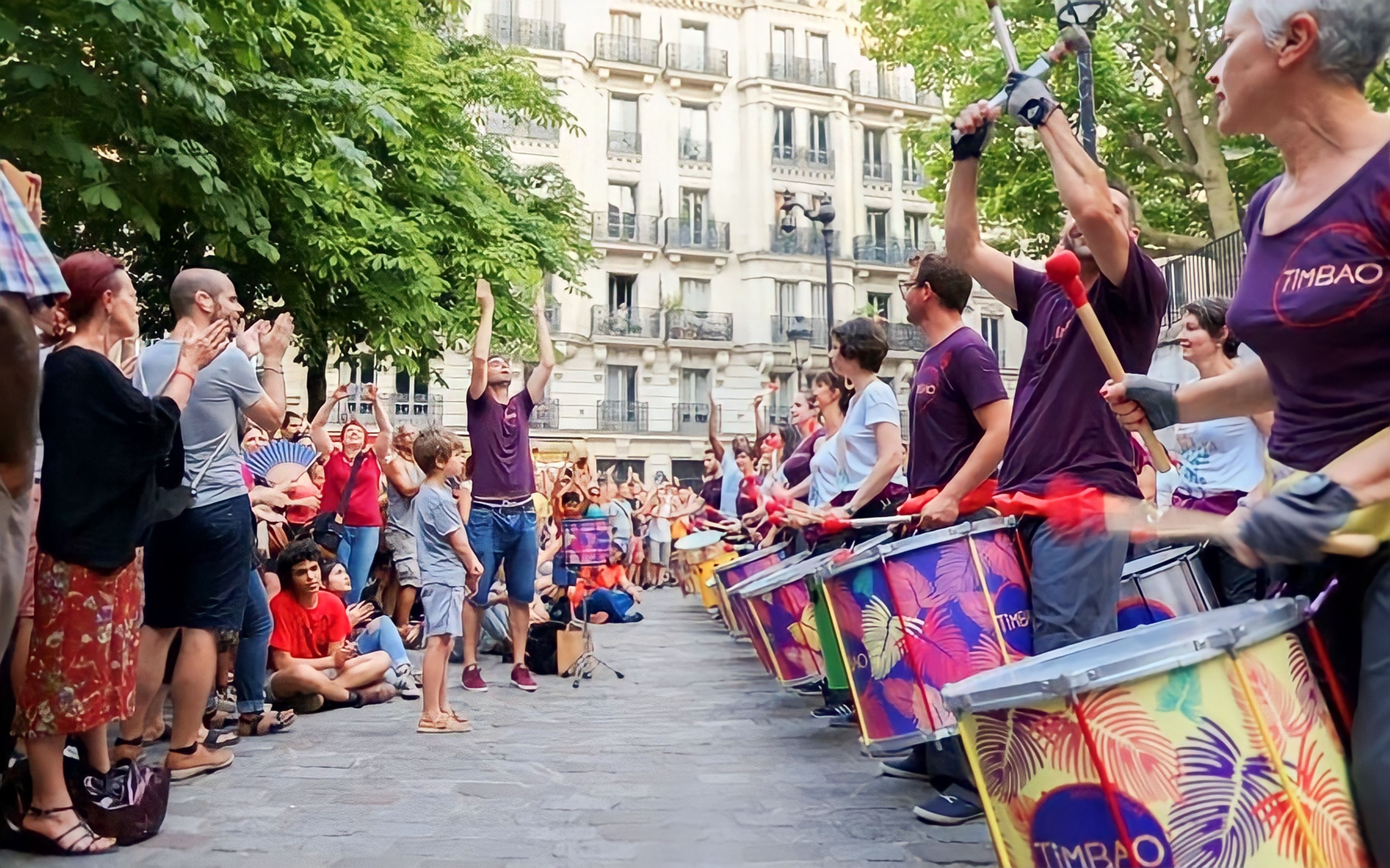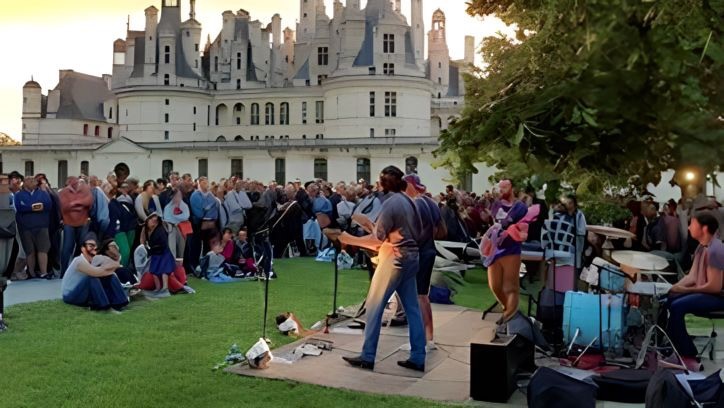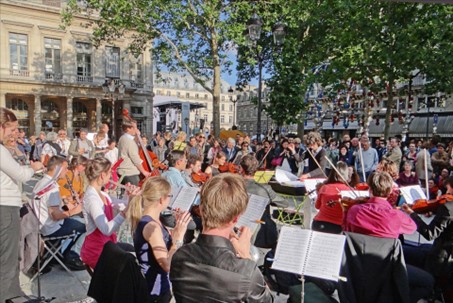WORLD MUSIC DAY
La fête de la musique
A celebration with French origins...
It all began in 1982 when Maurice Fleuret was appointed by Jack Lang, the Minister of Culture under French president François Mitterrand, as director of music and dance. Mr Fleuret applies its reflections on musical practice and its evolution and commissions a major survey on the cultural practices of the French which reveals that five million people, including one in two young people, play a musical instrument while the musical events organized so far concerned only a minority of French.
As a result, Jack Lang and Maurice Fleuret conclude that the landscape of musical practice in France remains to be discovered. Thus, they develop the idea of a great popular event allowing all musicians to express themselves and make themselves known regardless of age and nationality. This is how the first Fête de la Musique was launched on June 21, 1982, where amateurs and professional musicians are encouraged to perform in the streets. This first attempt is a real success and exceeds all expectations. Thousands of initiatives are taking place across France!
...which has inspired many countries all over the world.
Later in 1985 the Fête de la Musique began to be exported and "La Fête Européenne de la Musique" charter is signed in Budapest in 1997, open to all new partners wishing to join it. In 2011 this celebration became completely international: in less than thirty years, it has been taken up in 110 countries on five continents. The International Music Day was born.
La Fête de la musique in numbers :
- 18 000 concerts are organized each year bringing together,
- 1 million amateur musicians and singers for
- 10 million listeners with an average age of 15 to 25 years old
La Fête de la Musique naturally promotes visibility and access to artistic and cultural practices: it enters prisons, shares the lives of patients and hospital staff, brings schools closer to music, establishes links and exchanges between the city and its peripheries, irrigates rural communes, values the work of an individual, a group, an association, or an entire community.



© Elise Pireau, Archives NR, Jean-Pierre Dalbéra
-023 (1).jpg?access_token=a95319ef-f905-46f1-82ca-166833e3ba6b)
-098 (1).jpg?access_token=260bb5af-ebc4-4e9f-94d7-36f1843dd2ac)